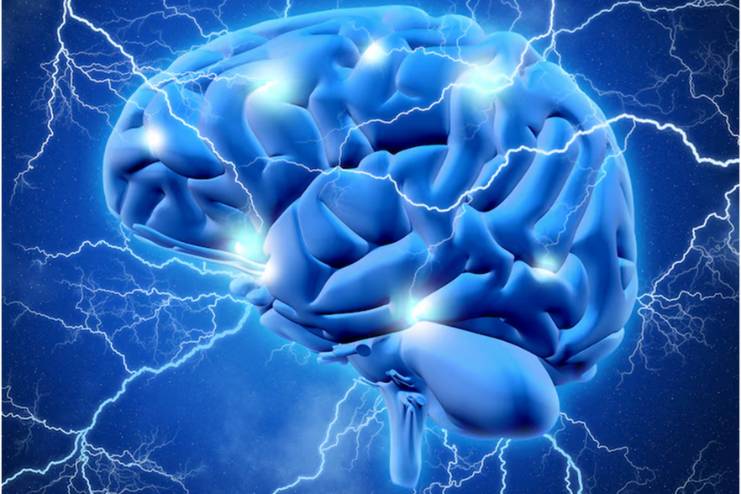Affiliate Disclaimer
Some links in this article are affiliate links. We may earn a small commission if you make a purchase through these links, at no extra cost to you. We only recommend products we find useful to our readersGlucose makes our body function properly on a day-to-day basis. Commonly identified as the major fuel of our bodies, glucose comes from the intake of carbohydrates and is vital for energizing every cell in our body. Glucose is crucial in maintaining our health as it fuels the brain and muscles.
Let us explore why your body needs glucose, how it works, and why well-balanced glucose levels are essential for your health.
What is Glucose?

Glucose is a type of sugar or carbohydrate that is one of the major energy sources in the body. Chemically, glucose is a monosaccharide, or simple sugar, easily absorbed and assimilated into our cells for use by the body.
We get glucose mainly from carbohydrate-rich foods like bread, rice, fruits, and starchy vegetables. These carbohydrates break down in the digestive process, form glucose molecules, and are then released into the bloodstream.
Glucose is used immediately for energy or stored for later use. Until needed for energy, the extra glucose is stored in the liver and muscle cells. Thus, your body has a constant supply of energy even if you have not eaten for many hours or during intense physical activity.
In short, glucose is crucial for many vital processes in the body, from thinking to moving.
Also, read: Impacts On Glucose In Circadian Clocks And Obesity Enhance Cardiovascular Risks
Glucose is the Body’s Primary Source of Energy
Glucose is fuel for our cells and an essential element for our body’s energy needs. Carbohydrates are broken down into glucose, which then are transferred into the blood to be carried to cells.
Cellular respiration inside the cells converts glucose into adenosine triphosphate (ATP), an energy currency of a cell. The ATP uses the stored form of energy by causing muscle contractions, nerve impulses, and other biochemical processes. You may check glucose digestion and absorption for a detailed understanding.
Glucose is the preferred fuel for producing energy because it can easily and quickly transform into ATP. For high-demand organs such as the brain and their proper function, glucose is critical.
However, cells can get some energy from fats and proteins when there’s less glucose available. When carbohydrates are ingested in low quantities, the body is low on glucose and instead generates ketones from fats to supplement the partial deficit in glucose. Glucose needs to be at an adequate level to maintain energy supply and health.
Glucose Impacts Brain Function

Glucose is essential for the brain to meet its high metabolic demands. Because the brain stores only limited amounts of glucose, it needs a constant supply of this energy source. This persistent need shows that blood glucose levels must be kept relatively stable for optimal cognitive function. Fluctuations in the blood glucose level affect brain performance.
When blood sugar is low, as in hypoglycemia, there can be confusion, irritability, and poor concentration. On the other hand, high blood sugar, or hyperglycemia, gradually damages brain cells and impairs cerebral function.
The brain can fuel itself with ketones in a fasting state, yet glucose remains critical for proper brain function.
Glucose Keeps Muscle Mass Intact

Carbohydrates play an important role in muscle function. Glucose is stored in muscles as glycogen, a ready energy source during physical activity.
Muscles rely on glycogen stores during exercise, especially high-intensity activities. The body reverts to these stores to convert glycogen into glucose to produce ATP. This way, the body ensures that energy needs are met to maintain strength and endurance.
Apart from serving as an immediate source of energy, the glycogen store plays an important role in muscle recovery as well. The re-synthesis of glycogen after an arduous workout is one of the most crucial factors for muscle repair and recovery. Consuming carbohydrates post-workout restores the lost glycogen, speeds up recovery, and reduces muscle cramps.
If carbohydrate intake is insufficient, the body will start breaking down muscle proteins, converting the amino acids into glucose, which is not ideal and results in muscle loss.
Sufficient carbohydrate intake is therefore necessary to keep the muscle mass intact, ensuring optimal performance and recovery during physical activities.
Also, read: 12 Best Glucose Meter For Keeping Your Sugar Levels In Control
Glucose and the Nervous System

Glucose plays a major role in normal nervous system function, including the brain, spinal cord, and peripheral nerves. Besides being an important energy source for neurons, glucose maintains all vital activities of the nervous system, including signal transmission and maintenance of electrical activity.
The brain, therefore, relies heavily on glucose. It uses the largest percentage of the total glucose consumed by the body. Thus, it contributes to 20% of the glucose consumed daily.
Neurons need glucose to manufacture adenosine triphosphate, ATP, which is needed for various neural functions, including the transmission of electrical impulses from one neuron to another.
Conclusion
Glucose is not just a simple sugar but an important fuel supporting various critical functions in your body. Derived from the carbohydrates you consume, glucose is an energy source that supports everything from basic cellular functions to advanced processes of the brain and muscles. The body breaks down carbohydrates into glucose and distributes it to power each cell, organ, and system for energy.
Maintaining balanced glucose levels is crucial to your health. Stable glucose levels help the proper functioning of the brain, as most cognitive functions, such as memory, need glucose. Normal glucose levels support muscular endurance and recovery, thereby building strength for regular activities.
Understanding and controlling glucose intake is essential for overall wellness. Either through a balanced intake or mindful consumption of carbs, a steady supply of glucose helps maintain energy, cognitive function, and bodily health. Glucose is, therefore, not just an energy currency but a constituent of a healthy and functioning body.
In this Article




















